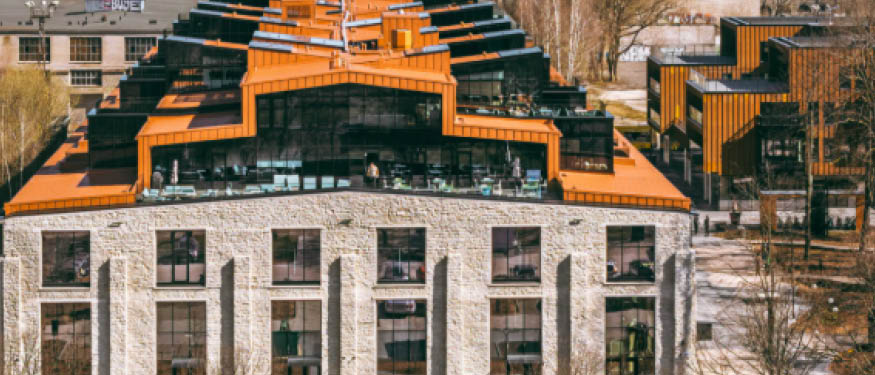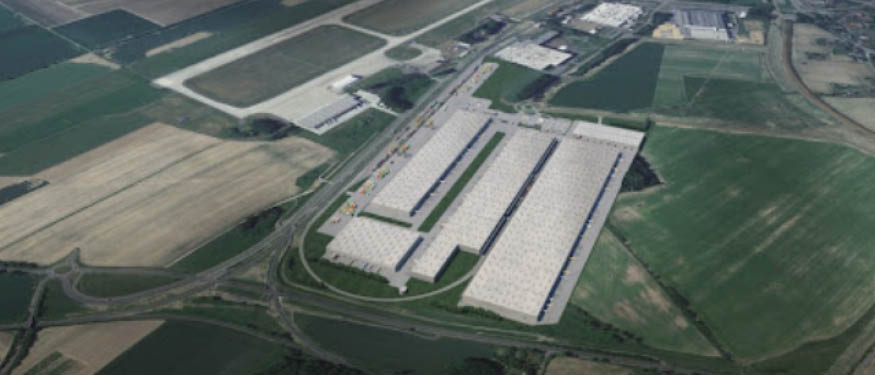“The Council of Ministers for Bosnia & Herzegovina was finally formed, after more than a year, following the elections that took place in October of 2018,“ says Partner Davorin Marinkovic of Banja Luka-based Dimitrijevic & Partners. “We can finally expect some processes to get unstuck, especially those related to infrastructure projects funded by international credits, such as the Corridor 5C motorway.“
When it comes to legislation, Marinkovic feels that the most important things impacting the ease of doing business occur on a lower level. “The entities of Bosnia & Herzegovina – Republika Srpska and the Federation of Bosnia and Herzegovina – have the most influence, through their legislative endeavors. Republika Srpska has a leg up here, due to having entity government formed immediately following the 2018 elections, so things are running a bit more smoothly there.“
Marinkovic feels that despite the slow economic growth in Bosnia & Herzegovina, the country has a lot of potential. “Infrastructure and energy are in a position to boom. There are a lot of plans and ideas for development, but the problem is just that – they’re still in the idea stage.“ He feels that the highest of hopes are in the renewable energy sector, mainly wind parks and hydropower plants. “Other than that, things have been pretty quiet – there have been some consolidations in the telecommunications sector, some takeovers, but nothing much beside that.“















